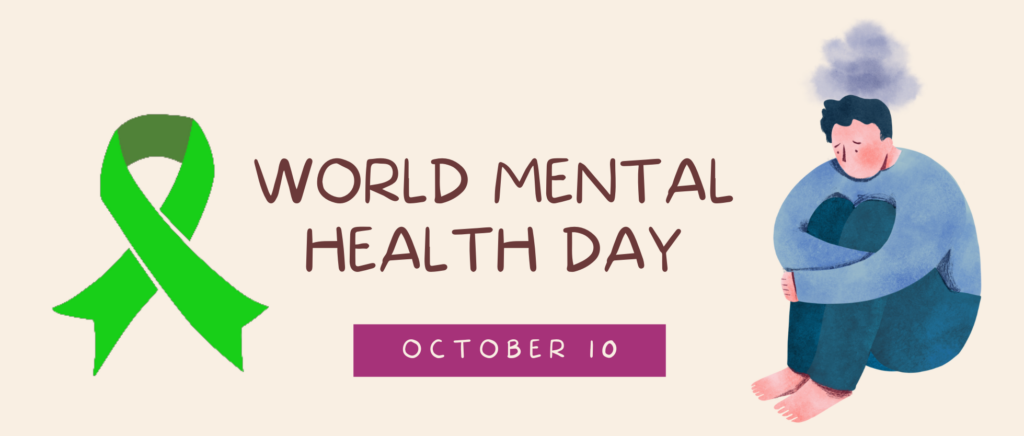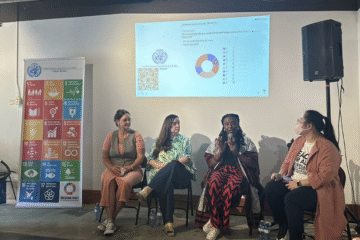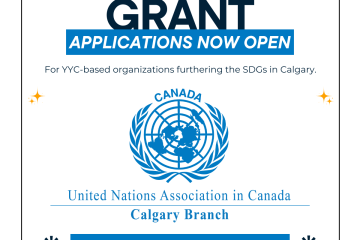Reducing mental health stigma with Calgary Distress Centre
By: Jess Williamson
World Mental Health Day is on October 10, which is timely with back to school
pressures, post-pandemic stress and uncertainty about the future, but Calgary’s 24 hour
support crisis intervention agency, Distress Centre Calgary (DCC) is here to help.
They provide around the clock crisis support, professional counselling, youth peer support and
referrals – all at no cost, and have been operating for over 50 years. Knowledgeable and
connected in our community, here are some of the DCC’s suggestions in helping someone in
distress.
First, understanding what a crisis can be defined as, is very important. Everyone’s
tolerances, perceptions and limits are different, so what a crisis is to one person, may vary to
the next. So checking in on how they’re doing, their safety – asking if they are having
thoughts of hurting themselves or thoughts of suicide, is an uncomfortable but necessary
conversation to have. By having open and honest conversations like these, we reduce the
stigma that prevents those that struggle and feel burdened to speak up about these topics
come forward.

A DCC volunteer ready to respond to calls to the crisis phone
After ensuring their immediate safety, listening without judgement is vital. Try to
acknowledge you’re listening by asking clarifying questions, use non-verbal cues like
eye-contact, act interested, show warmth, validate, paraphrase occasionally and give them
space to speak.
Recognize that there isn’t always a quick fix to their problems. Sometimes just being listened
to and validated is the best way you can help someone having a hard time. Being bombarded with suggestions or information even if they are logical facts, when you just want to have a heart-to-heart conversation or need a hug from someone you care about can escalate the situation even when you mean well. Other times, there may be a roadblock or a specific problem and brainstorming may be the best route to ease pressure. If you’re not sure which direction to go, and want clarification, try asking “do you need solutions or support?” That way you can direct your line of suggestions and match them exactly where they are at.
Help them find resources – like the DCC. The DCC is proud to provide a place where people
feel comfortable sharing their struggles. Crisis lines provide connection and support without
judgement and they work hard every day to prevent suicides and decrease the stigma that
surrounds the topic of suicide and mental health.
And lastly, make sure you’re taking care of yourself too, as caring for someone in crisis can
take its toll. Make sure you have your own supports and resources set up in your life and are
managing your own mental health. And of course, if you are overwhelmed and are in need of
support don’t hesitate to reach out to the DCC.
Donations fund their programs and services, including 24 hour crisis support, youth peer
support, professional counselling and 211 information and navigation services. Donations
make it possible for them to provide all of their services at no cost to the general public. You
can also donate your bottles and cans through SkipTheDepot, or you can donate Aeroplan miles. In 2016 the social return on investment for Distress Centre was $7.42 for every $1
donated.
When someone is in any kind of struggle, day or night, and has built up the courage to reach
out to crisis services, here is what happens; they have the choice to call, text, or use online
chat and will be connected to one of the highly trained volunteers in crisis intervention. The
well prepared volunteer can handle any issue that is chosen to be brought up and wants to
be discussed, in a compassionate way and they are committed to supporting a safe
discussion.
The volunteer will make sure the caller is safe and will ask if they are having thoughts of
self-harm or suicide and won’t be alarmed if they are; it’s all a part of their training, and can
be connected with any necessary emergency supports, like 911 for the caller if
needed.
Then the volunteer will listen to the caller to get a better understanding of the crisis
and the problem and provide support, all with respect and acceptance.
The volunteer’s next step is to help form a plan that supports the caller’s next few days and
weeks ahead and could include things like self-care, connecting with friends, community
resources, seeing counsellors, or seeing the Mobile Response Team. Always inviting the caller to call or chat again if they need additional support. Follow-ups may be set up and put in place depending on the specifics of the plan in a few hours or in a few days depending on the individual.
The goal at the DCC at the end of the conversation is to make everyone feel heard, have a
plan and feel in a better position to deal with your crisis than when you first reached out and
to provide compassionate, accessible crisis care and navigation support that enhances the
health, well-being and resiliency of all individuals in distress.
The DCC can be reached by phoning or texting 403-266-HELP(4357) or by online chat at
https://www.distresscentre.com/



